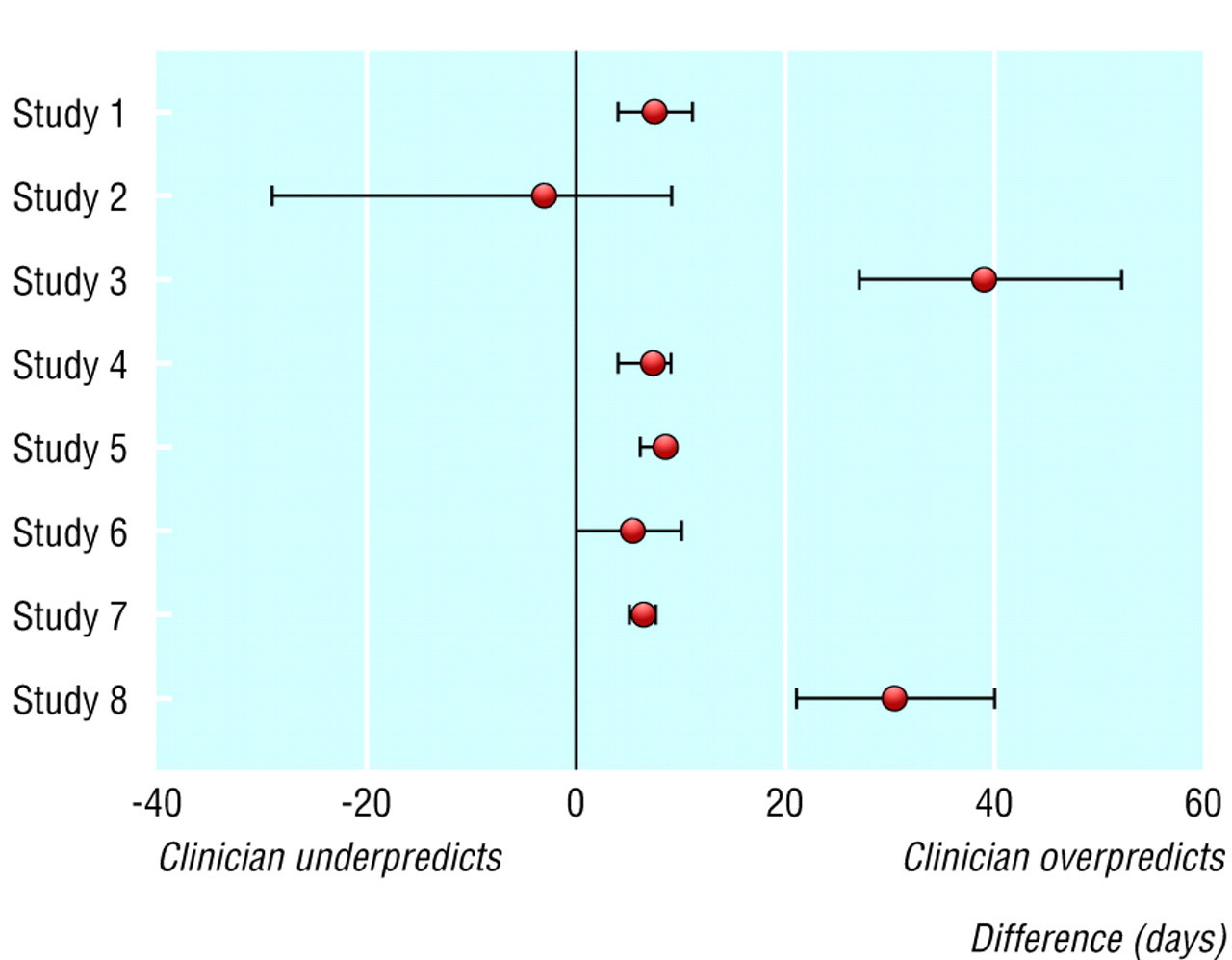Mortality Risk Prediction Tool in Cancer Patients
Identifying key indicators for cancer survival from electronic health records

A need for decision support in cancer treatments
In addition, oncologists have been shown to often over-estimate a patient's remaining life. This can lead to the prescription of aggressive treatments that have negative side effects yet are deemed worthy given the overall prognosis. However, if the actual survival outlook is worse, such a treatment may not be the best choice.
We partnered with oncologists from Dana Farber Cancer Institute and Massachusetts General Hospital to understand key survival indicators and help oncologists assess individual risks at point of care.
A new prediction tool that is personalized and clinically meaningful
We used Optimal Imputation to prepare and tidy the data, and then created a mortality risk prediction tool with Optimal Decision Trees
-
Data quality improvement through imputation
Health records have high rates of missing and imperfect data. Optimal Imputation allowed us to derive models from this data in a meaningful way rather than throwing out poor-quality records.
-
High performance
The prediction tool achieved AUCs between 0.83 to 0.86 across various types of cancers in unseen patients, higher than most existing tools.
-
Identification of novel predictor
The model found that both drastic decreases and increases in weight are associated with an increased risk of mortality. Oncologists found this insight "not well-known, but unsurprising and making sense".
Optimal Decision Tree predicting 60-day survival in breast cancer
"Extremely useful to oncologists at the point of care"
The work recently received attention from oncologists, who noted its utility and asserted that "oncology clinicians will increasingly use such tools to influence routine aspects of patient care".

Unique Advantage
Why is the Interpretable AI solution unique?
-
Cleaned data for better results
Optimal Imputation improved the quality of messy electronic records data which led to better predictive performance
-
Power of Optimal Trees
Higher AUC than existing cancer prognosis studies resulting from global optimization
-
Useful and validated
Interpretability discovered novel and nonlinear predictors for survival, validated by oncologists


